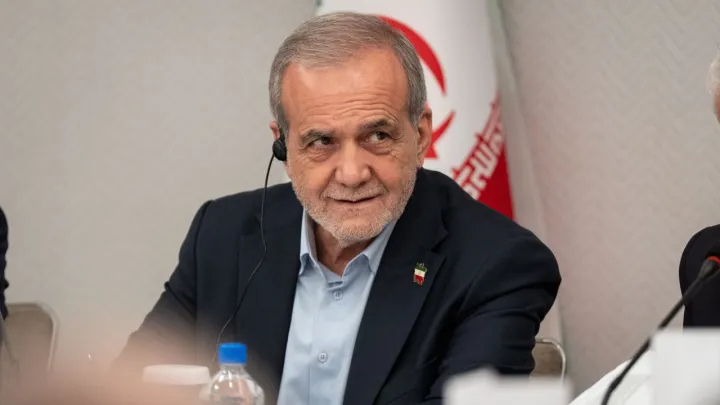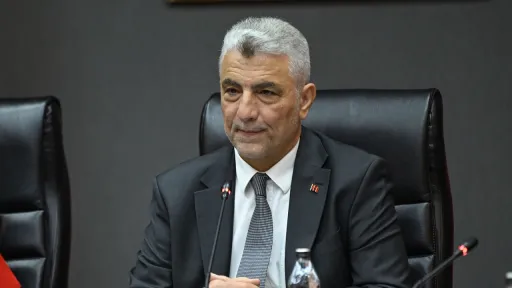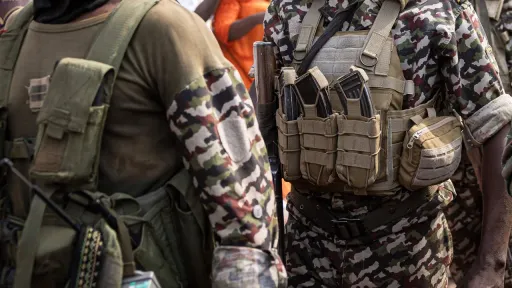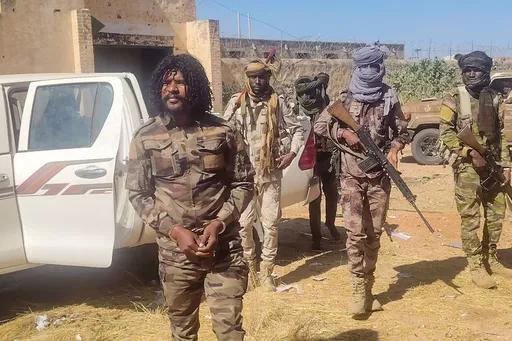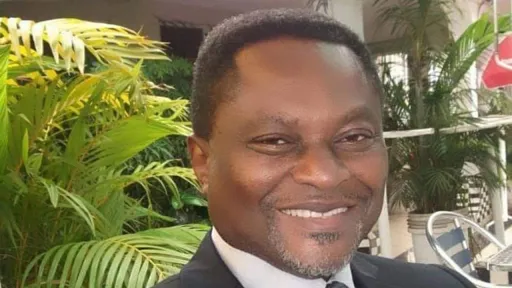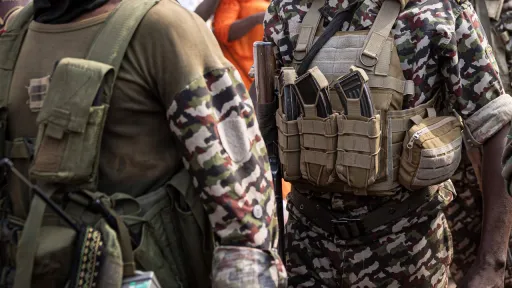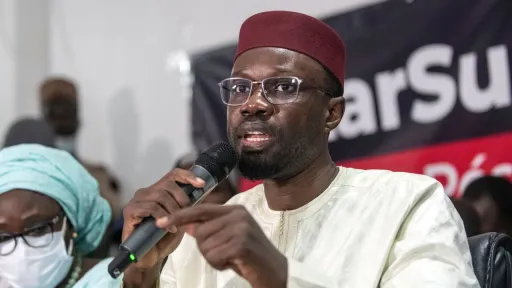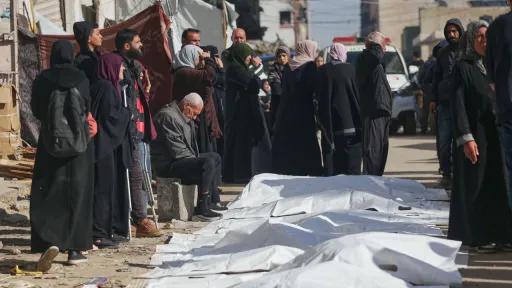By Abdulwasiu Hassan
The genesis of the Bitcoin blockchain in January 2009 wasn't just about a faceless entity called Satoshi Nakamoto conjuring up a decentralised digital currency system that operates without a central authority. The world's first cryptocurrency challenged every traditional notion of wealth and value.
Cut to 2024, the ripples of excitement sparked by an alternative wealth system extend far beyond the digital realm, enveloping crypto enthusiasts from America and Europe to Asia and Africa.
Aminu Auwalu Yakasai, a native of Nigeria's Kano, is among those who feel that their early trust in the merits of cryptocurrency has been vindicated, although the pitfalls remain.
Back in the day when the term "crypto" invited mockery or caused people to roll their eyes in disbelief, he would argue — often to no avail — about how currency needed to be unshackled from regulation to reveal its actual value.
Yakasai sees new listings on the trading platforms and the subsequent increase in the value of some as a fit case for acknowledging that cryptocurrency is here to stay.
"All I know is that I like cryptocurrency because it gives me financial freedom," he tells TRT Afrika.
Yakasai is not alone in this journey. Abdullazeez Aljassawee, from Jos in central Nigeria, is among those who have profited from cryptocurrency mining.
He is quick to add that the world of cryptocurrency is also fraught with risks, having suffered his fair share of losses. The good news is that Aljassawee's profits outweigh the cost of investments that failed.
Blockchain technology
For the uninitiated, blockchain is akin to a digital ledger that records transactions, similar to a traditional accounting book. Just that instead of being kept in one place, this ledger is distributed across multiple computers worldwide.
Each block in the chain contains a list of transactions. When a new transaction occurs, it's added to every participant's ledger, creating a universally agreed record. Transparency and security are the cornerstones of this system. Since the information is decentralised, and each transaction is linked to the previous one, tampering with the data is nearly impossible.
Cryptocurrency, on the other hand, is a digital or virtual currency that uses cryptography for security.
Cryptos leverage blockchain technology to gain decentralisation and transparency. When a Bitcoin transaction is made, for example, it's broadcasted to the network. The transaction is then validated and recorded on a new block in the blockchain. The platforms that do this validation are rewarded.
Growing crypto cult
Cryptocurrency mining remains mired in challenges, both environmental and time-related. Yet, these hurdles do not deter those involved in trading cryptos.
Yakasai spends most of his waking hours on cryptocurrency mining apps. Ditto Aljassawee.
"Cryptocurrency mining is not a time-wasting activity, and will never be so because you gain knowledge of blockchain technology," Aljassawee tells TRT Afrika.
"You also learn how to trade in crypto across exchanges like Binance, OKX, Bybit, KuCoin, Remitano, and many more."
Yakasai believes that those doubting the value of cryptocurrency mining should acquaint themselves with blockchain technology before deciding whether it fits into their investment mindset.
"Knowledge is power. I strongly believe the doubters say all sorts of things out of ignorance. They know nothing about it, and when the fruit has ripened, they get confused and want to get rich overnight, which is not possible," he explains.
While the ranks of crypto-mining enthusiasts continue to grow in Africa and beyond, sceptics predict an implosion.
But for those like Yakasai and Aljassawee, the world of cryptocurrency remains the new frontier of possibilities and fortune.
➤ Click here to follow our WhatsApp channel for more stories.

